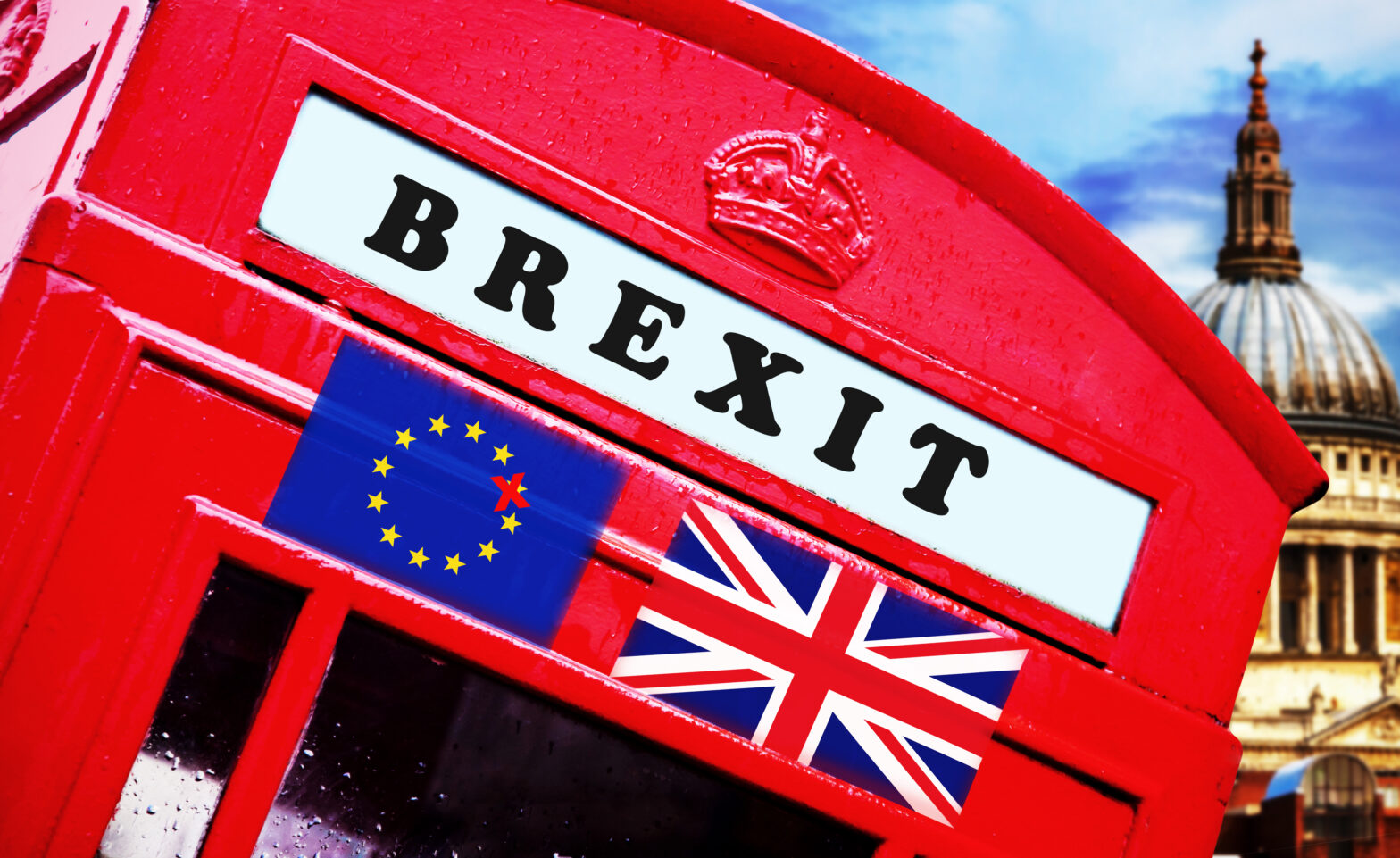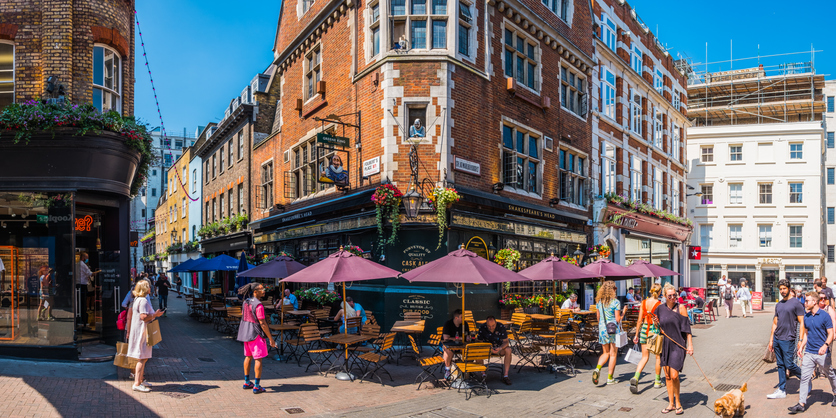More than half of business owners and small businesses (51 per cent) expect revenue to increase in the next 12 months, with only 15 per cent disagreeing with this, suggesting life after Brexit may be more than manageable for the majority of companies.
In line with the latest rises in some economic indicators, they are also confident in the UK economy at large, with 45 per cent believing the UK economy is in a good shape, compared to only 28 per cent who do not, according to a study by the Bank of Cyprus UK.
The Brexit vote has also has little impact on decision making. Only 23 per cent of small businesses are uncertain when it comes to making business decisions despite reports of uncertainty following the Brexit decision; in fact, half (50 per cent) are certain when it comes to decision making.
The UK’s business owners and small businesses believe very little will change in terms of access to the single market and recruitment policy. Just over a third of these businesses (36 per cent) expect to lose access to the single EU market, whereas the majority (64 per cent) do not.
Life after Brexit will be business as usual for recruitment
Two thirds (66 per cent) also think that Brexit will make no difference to their recruitment policy and only 13 per cent feel that it will mean they will struggle to recruit the right workers for their businesses.
Despite the marked confidence among the UK’s business owners and small businesses, on average over half of these businesses (55 per cent) believe that the UK’s plan to independently negotiate its own trade agreements with other markets (eg China, India, the US and Australia) will not help boost activity for them in five key areas: sales, export, commercial opportunities, customer base and talent pool.
Nick Fahy, chief executive of Bank of Cyprus UK says, ‘Despite the general post-Brexit blues, the UK’s business owners and small businesses remain optimistic about their prospects, which is very encouraging.
‘In the weeks immediately following the EU referendum vote, the UK economy contracted due to uncertainty, but this is not the case for the nation’s vital bedrock of businesses – Britain’s independent high-street retailers, family businesses and shopkeepers.
‘It’s important that these businesses do not get left behind as we negotiate with the EU and try to achieve the very best deal. To do so would be short-changing not only the country’s enterprising small businesses, but also the UK economy.’





